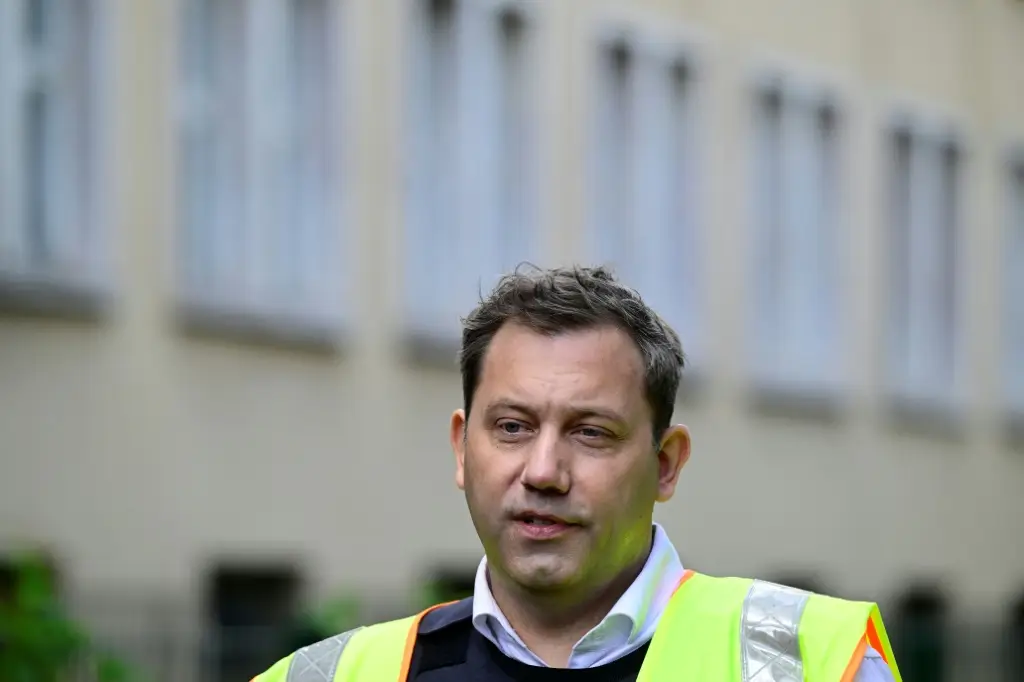
Finance Minister Lars Klingbeil (SPD) is pushing for a summit meeting to strengthen Germany's position as a steel producer. “We in the SPD want a steel summit to be held soon,” the vice chancellor told Funke Mediengruppe newspapers (Sunday edition). “We need to discuss with CEOs and works councils how we can strengthen the steel industry, for example, through lower energy prices.”
In addition, he said, a reasonable solution must be found in the customs dispute with the US over steel. “Low tariffs or high quotas are reasonable,” said Klingbeil. He also pointed out that the US is “dependent on our high-quality steel,” for example in aircraft construction. The US currently imposes a 50 percent import tariff on steel.
In this context, the SPD leader criticized the tariff agreement that EU Commission President Ursula von der Leyen concluded with US President Donald Trump. “We have to ask ourselves how it can be that the European Union, with 27 states and 450 million citizens, ends up in such a weak position,” he said. “I would like to see us develop European strength and no longer sit at the side table.”
At the end of July, Trump and von der Leyen announced an agreement in the trade dispute between the US and the EU. This provided for a 15 percent tariff on most EU products imported into the US. This tariff rate came into force on August 7. The EU and the US also agreed on a fundamental reduction in tariffs on cars from 27.5 to 15 percent. The 15 percent tariff on cars from the EU applies retroactively from August 1.
However, even after the agreement in principle in the tariff dispute, the US government is sticking to its 50 percent tariffs on steel and aluminum products. In recent weeks, these tariffs have even been extended and now also apply to the proportion of these two metals in washing machines, wind turbines, and child seats.
Both sides recently agreed to work on a quota solution in the coming months that could at least reduce the tariff rate for some exports and imports.